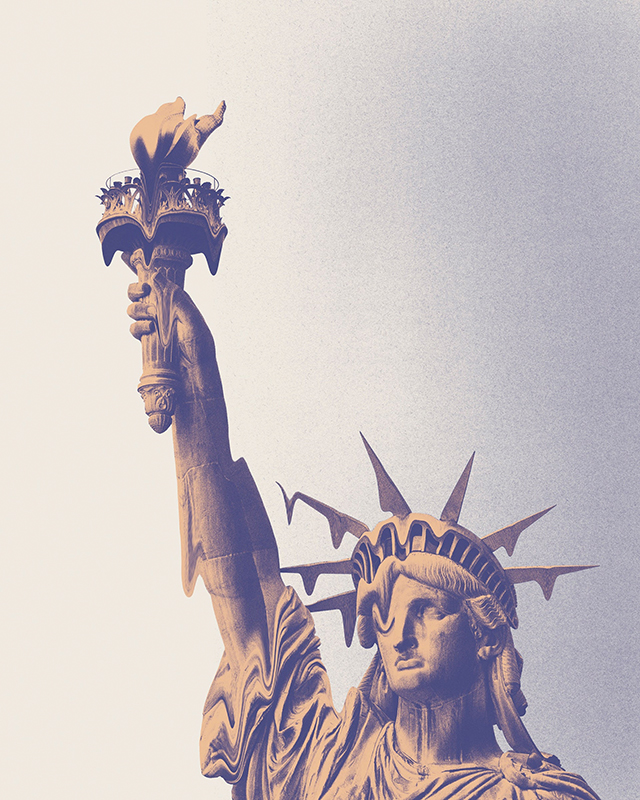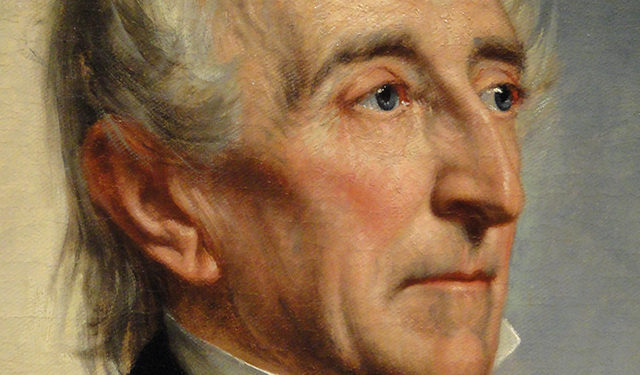I wonder if it has ever occurred to average Georgian mind to consider how much Georgia might be worth in dollars in today’s marketplace if somebody wanted to put an actual commercial price on it. Would it be in millions? Billions? Trillions? Many would say that no country should be evaluated monetarily, as doing so is a form of geopolitical wickedness. Perhaps. Yet I am curious how much Georgia would be worth in terms of its material wealth – nothing to do with its spiritual and cultural values, but purely about the price of the land if an overly rich dude turned up to purchase it, including all its infrastructure, real estate and natural resources. No response? OK, I can understand the silence!
Let’s now give the next question not as much a commercial but a political flavor, to make it easier to offer an answer: What kind of a government do we have? One of the American founding fathers, Benjamin Franklin, would have reacted with “A republic, if you can keep it!” Yes, this is the famous Franklinian quizzical flash of a quick and sharp mind! And the answer fits, with utmost political precision, into our social reality as it looks, feels and sounds today. And the reality in this country is based on democracy, which carries absolute compatibility with the form of an organized state, called a republic. We are a democratically arranged republic with a strong pretension towards human rights and freedom, as well as liberal interaction between various segments of society. Isn’t this exciting! Look at how much we have achieved in just 30 years of time out of a socialist quagmire!

And behold, just at this euphoric moment of refreshed thought on democracy, I stumble over the following 1787 evaluation: “A democracy is always temporary in nature. It simply cannot exist as a permanent form of government; it will continue to exist up until the time that voters discover that they can vote themselves generous gifts from the public treasury. From that moment on, the majority always votes for the candidates who promise the most benefits from the public treasury, with the result that every democracy will finally collapse due to a loose fiscal policy, which is always followed by a dictatorship. The average age of the world’s greatest civilizations from the beginning of history, has been about 200 years. During those 200 years, those nations always progressed through the following sequence: from bondage to spiritual faith, from spiritual faith to great courage, from courage to liberty, from liberty to abundance, from abundance to complacency, from complacency to apathy, from apathy to dependence, from dependence back into bondage”.
I almost swooned reading these historical words by Alexander Tyler, a Scottish writer and historian. He was writing, of course, not about our contemporary nations, but only about the fall of the Athenian Republic some 2000 years earlier. Yet the mindboggling content of this quote still shocked me.
In case this statement has some rational truth to it, then one more question might pop up: If the countdown has already started, how long do we have left as a liberal democracy in this republic of genuinely liberated people enjoying their human rights and freedoms? Good question, isn’t it? And again, I am not in any rapturous hopes that the answer will be given birth to in my lifetime.
How long do we have? What if it is already coming? Surely not this soon, but laughing it off would not be very wise either. Any development has a chance in this hilariously fickle world. Symptomatically, all characteristic components are in place. Just breathe in the leftovers of the soviet air and there you go: the nostalgic brotherhood between the peoples, free apartments in ugly tenements, universal but cheap employment, cultures that are national in form and socialist in content, state-owned properties, universal proprietorship on people, nothing personal, and anything dead or alive – all under governmental control.
So, if Alexander Tyler was a visionary with a sharp and reliable sense of the future, then the presumable coming to life of his out-of-the-box vision might well be worth scratching our poor heads over.
Op-Ed by Nugzar B. Ruhadze














